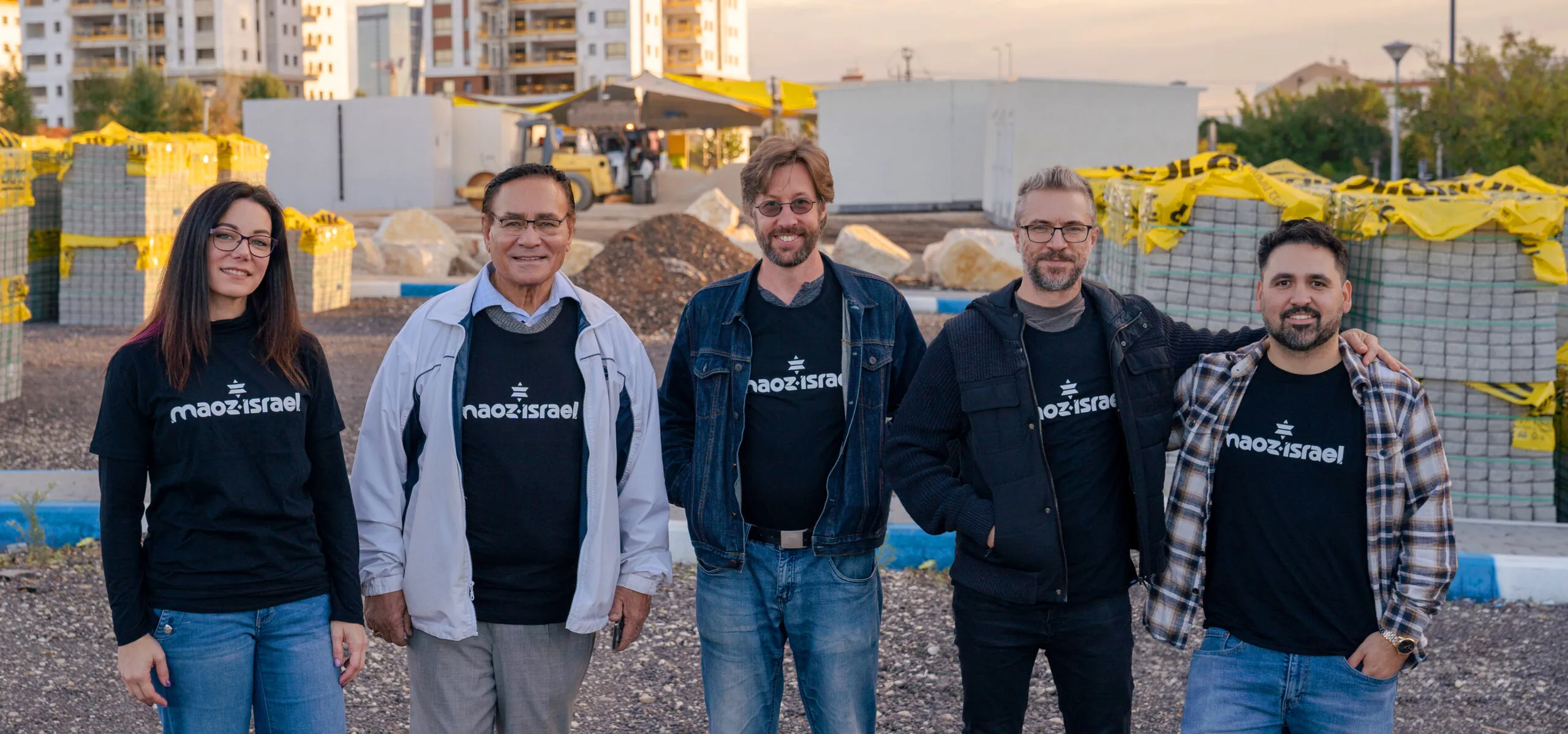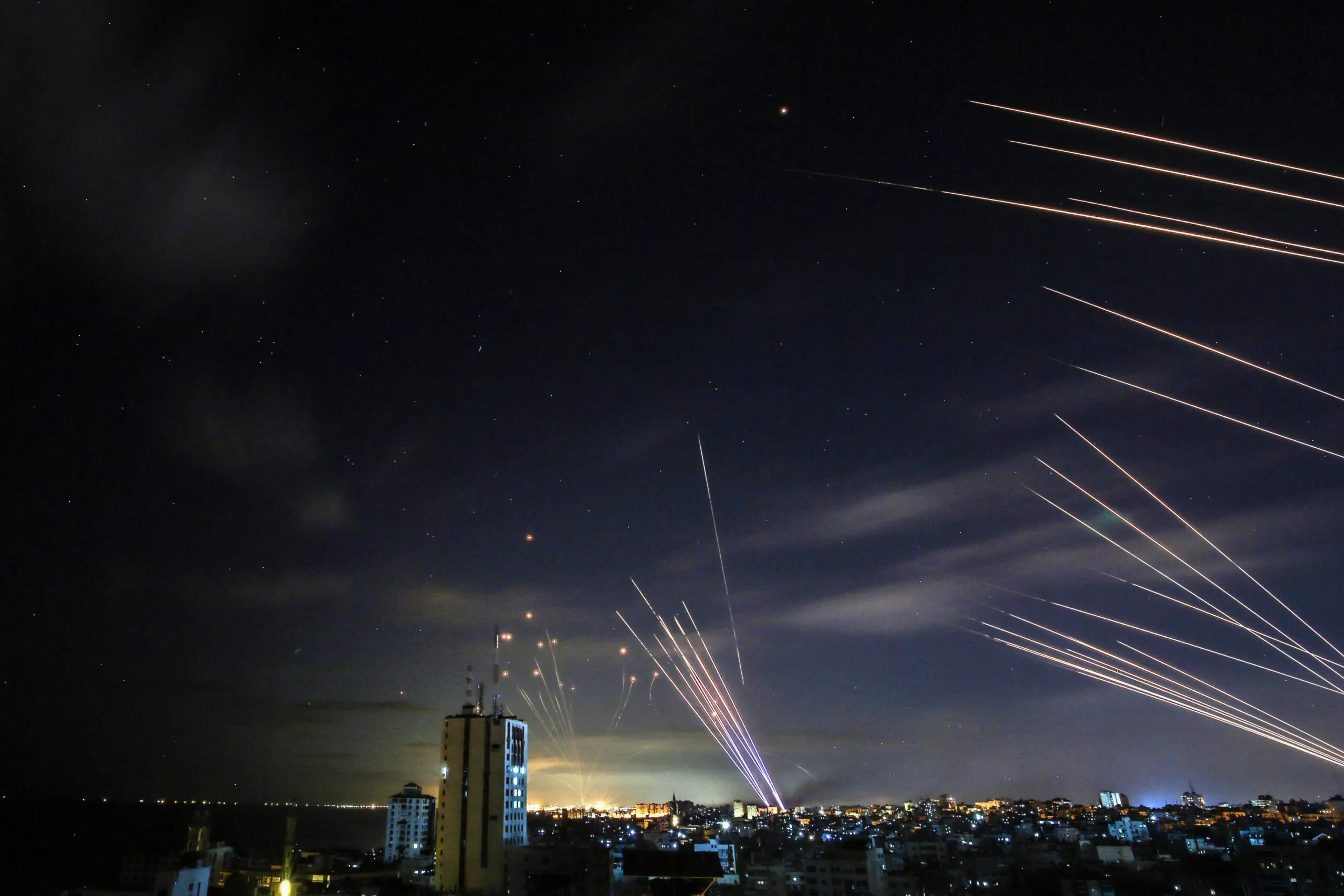
We had just landed in Israel after several weeks on the road with the Maoz Israel Worship tour. I was fighting jet lag and decided that washing the car with my six-year-old would help us both stay awake. The afternoon air in Jerusalem was warm and breezy as it usually is at that time of day this time of year. Jerusalem is magical in this way—no matter how hot it gets during the summer, the evening is always cool and refreshing. Live Israeli folk music was coming from a wedding in our neighbor’s yard as we splattered water and soap suds on the car. Nothing about that evening would’ve hinted that within 24 hours we’d be flying planes over Gaza and I would be checking up on our staff to see if they had been called up as reserves.
Last Year
The whole thing began so fast it caught many Israelis off guard. But what caught me off guard was how calm the air felt when it happened. All this stood in stark contrast to last year in May, when in the days leading up to Operation Watchmen on the Walls, when Hamas struck Israel with 4,360 rockets, the air was thick with rage. You didn’t have to watch the news to know something was going on. The agitation in the air affected everyone on the streets.
Also last year, when Hamas began threatening Israel, Israel waited for Hamas to fire the first shot. While this gave Israel the “they started it” card to hand the international community, it also gave Hamas time to get organized. This meant they had time to position their rocket launchers in residential areas, potentially putting more Gazan and Israeli civilians at risk. They also had time to stir up sentiments in Arab communities throughout Israel.
Before rockets even went flying, riots were taking place in various neighborhoods in Jerusalem. By the time the operation was in full force, thousands of Israeli-Arabs had organized marches throughout major cities in Israel. They chanted against Israel—some throwing burning Molotov cocktails through apartment windows while Jewish families locked themselves indoors. It was clearly a spiritual manifestation of darkness and was the most tangible thing I ever remember experiencing on a national level.
And here we were a year later with an operation that was basically a “blink and you might miss it” event.

This Year — Who Started It?
One of the reasons this year’s fighting felt less chaotic all around is that the enemy was, in fact, lesser. The Iranian-funded Palestinian Islamic Jihad (PIJ) is a much smaller terrorist organization with much less influence than Hamas. And though they wanted Hamas to join them in the fight, Hamas refused. In turn, the Israeli Defense Force (IDF) unofficially committed to avoid targeting Hamas personnel and assets.
As strange as it may seem, though Hamas is sworn to Israel’s destruction, there are times when Israel and Hamas “cooperate” in an effort that serves both sides. (I know, “The Middle East is a strange creature!” as we say in Hebrew.) Israel wasn’t really interested in venturing into Gaza, and Hamas, who is the ruling entity in Gaza, was still rebuilding and not yet ready for another round after the hit they took in last year’s altercation with Israel. Israel has also been allowing 20,000 (security cleared) Gazans to cross the border daily to work, and attacking Israel would mean the instant loss of work for many families. For several days Egypt and Hamas attempted to reign in the Islamic Jihad. The PIJ, however, not only continued their threats, they were aggressively courting other terror groups to join them in this fight.
As the international news was fixated on Nancy Pelosi’s trip to Taiwan, few media outlets even noted there was an issue in Israel. Still, we began getting questions from our readers inquiring about what was happening. “How did it start and who started it?” was what most people wanted to know. Admittedly, the technical answer in the case of Operation Breaking Dawn is that Israel fired the first shot. But as is usually the case with the complexity of the Middle East, context is everything.
A few days before the operation began, as we were boarding a plane to return home to Israel, I scanned over the news and saw something about an arrest in Jenin (a city famous for the number of terrorists it has spawned). Israel had apparently intercepted intelligence chatter about an imminent attack on Israeli soil. In pre-dawn hours that day the IDF raided 39 locations and walked away with 13 arrests including Bassem Saadi, a leader in the PIJ.
The PIJ raged about the arrests and the chatter about an imminent attack on Israelis intensified. Unable to locate the potential attackers, Israel set up roadblocks and locked down all Israeli towns within a certain radius of Gaza in an attempt to thwart the large-scale attack. Weddings and other celebrations were canceled. Businesses were shut down and tens of thousands of Israelis were not allowed to go to work or out with their families to places like the beach or the park.
The most difficult part about this lockdown was that it came on the heels of two years of COVID lockdowns—and just like those, no one was being told how long this one would last. Israelis who live near Gaza understand the risks that come with life there and closely followed the instructions of the military. Though admittedly, a few farmers snuck out at night to check on their crops and the watering systems. All they needed was one or two days of the desert heat to wipe out an entire harvest if their crops didn’t get proper hydration. And while the government does reimburse for damages due to war, etc., those reimbursements can take years to receive.
Three days into the lockdown, and the PIJ began celebrating their “victory over the Zionist regime” with pictures of Gazan beaches full of people while Israel’s closest beach to Gaza was empty and its residents locked up in their homes.
Everyone knows Israel doesn’t like to venture into Gaza, as doing so (even for justified reasons) is always an international headache. As such, Israel is known for holding out until shots are fired at them first—which is why the PIJ never saw Operation Breaking Dawn coming.

Operation Breaking Dawn
It was 16:16 (4:16 pm) Friday afternoon when Israel flew highly exacting glider bombs through the walls of Tayseer Jabari’s fifth-story safehouse. The explosions sent him and 15 other terrorists who were with him to meet their Maker, but left the rest of the residential apartment building largely untouched. The PIJ were so unprepared it took them several hours to begin firing their first rockets at Israeli towns and cities.
Israelis near the Gaza strip didn’t even bother setting the table for the Sabbath meal and took the food into their bomb shelters. The evening news went into war mode and all regular shows were canceled. We were told all areas within 80 kilometers of Gaza should be on alert. Jerusalem is 76 kilometers away. I half-jetlag-slept with the radio on all night. Sometime Saturday my feverish six- year-old tested positive for COVID.
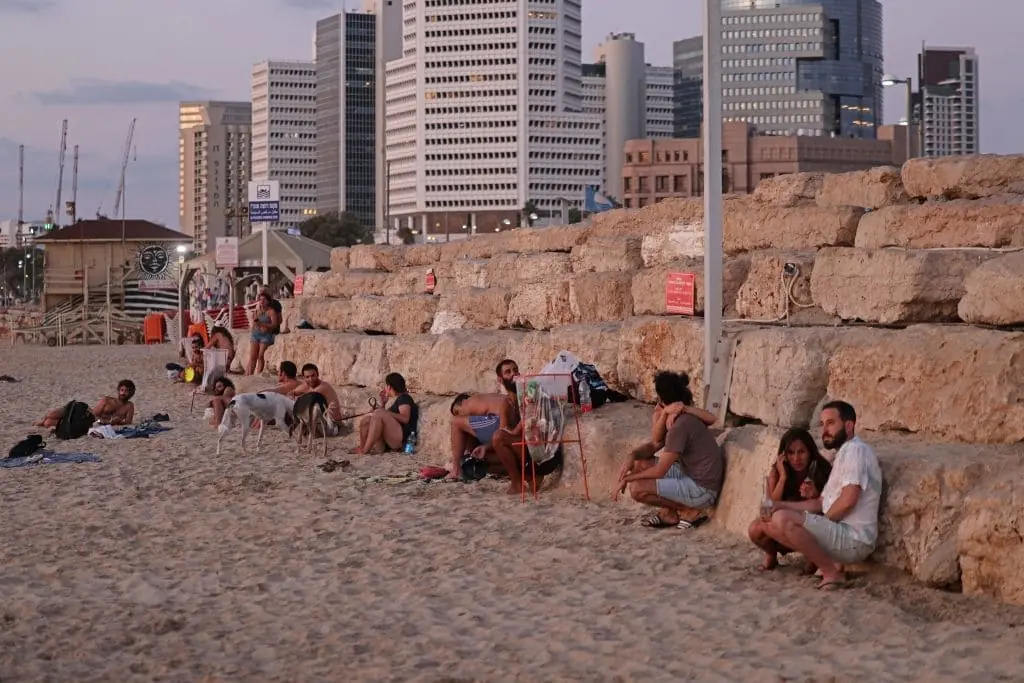
Israeli News
In Israel, the major news sites don’t post articles on the Sabbath. You must appreciate that even in the competitive world of media, Israel prioritizes a day for family and rest. War mode, however, changes everything. An almost non-stop barrage of rockets was being fired up and down the coast of Israel even reaching Tel Aviv. This meant half of Israel’s population was under threat—and people in Israel needed to know what was happening.
I woke up Sunday morning after another jetlagged-with-a-sick-kid kind of night to what sounded like heavy furniture being dropped on the floor downstairs. I was musing over who could’ve been picking up furniture at this early hour when I rolled over to look at my phone and saw the breaking news that Jerusalem had been fired upon. The realization that what I had heard were rockets being intercepted by the Iron Dome without me hearing a siren first had me out of bed instantly. Did the sirens malfunction? Were more rockets coming?
Thankfully, the news soon explained that new technology could now determine more precisely in which neighborhoods rockets could land and therefore could limit the sirens to those areas. The goal was to have the least amount of interruptions to daily life in Israel when under attack and this was one way to do it. So hearing explosions out of nowhere without hearing sirens may be stressful, but it was not a malfunction.
The news reported on personal stories like families whose houses were hit while they were obediently in their bomb shelters. They also featured an Israeli with Persian origins who was broadcasting live in Farsi to Iranians about what was happening in Israel. I couldn’t help but smile when they reported how Israelis were helping calm tourists after several rockets had been intercepted by the Iron Dome just over the waters of Tel Aviv beach. Israelis are used to projecting calm when under threat—especially when kids are around, so helping calm tourists came naturally.
I noticed a change in terminology as reports came in. Where the death tally used to be divided into a “militants” category and an “innocent civilian” category, the IDF was now calling them “uninvolved” people. This was because it is often too difficult to determine if an unidentified casualty was truly an “innocent civilian” or an “off-duty militant” who was simply in the wrong place at the wrong time. Such was the case of two Hamas-affiliated police officers who were killed when Israel targeted and eliminated a PIJ militant. (Remember, Hamas was not involved in this round of fighting, so their guys would be considered “uninvolved.”)
By Saturday nightfall, the IDF had taken out the PIJ’s commander of southern Gaza and by Sunday morning the news media announced the IDF had eliminated the entire top tier of leadership of the Palestinian Islamic Jihad in Gaza.
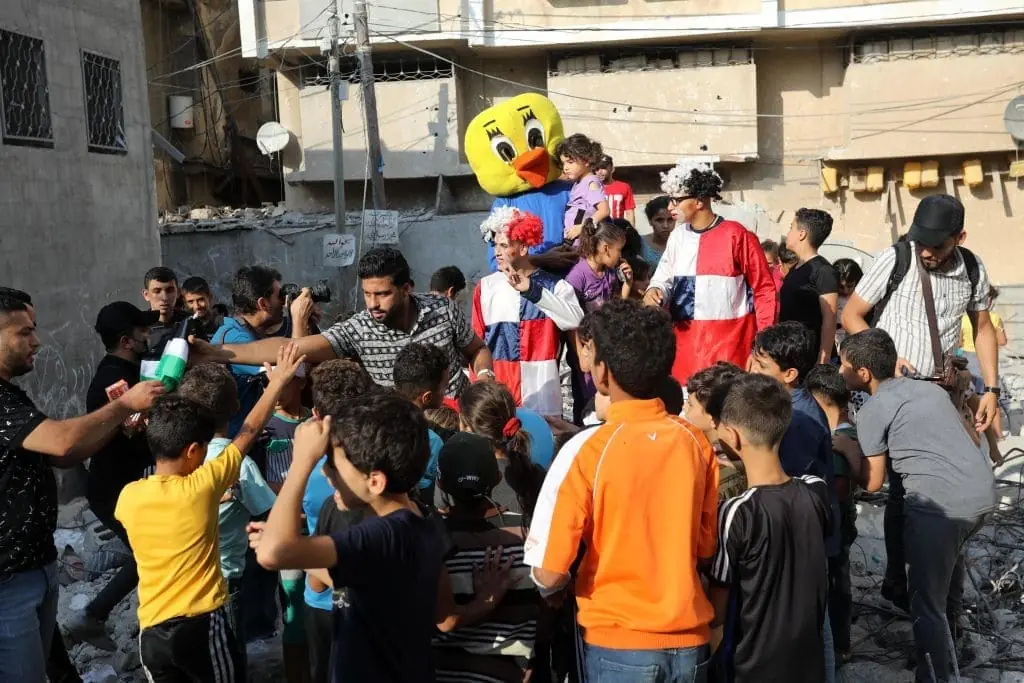
Endangering Your Own People
We have a friend in southern Israel who makes jewelry and other art pieces out of the remains of rockets fired on Israel by Hamas. When we visited his workshop, he showed us how the casings of some of the rockets were made out of things like streetlight posts and other large pipes filled with explosives. With the “homemade” nature of these weapons, it’s no wonder they can’t really aim them. Of the 1100-plus rockets fired by the PIJ toward Israel this past month, somewhere between 120-200 of those rockets malfunctioned and landed inside Gaza. And because firing from within a residential area is how terrorists best protect themselves from Israeli counterattacks, when their rockets malfunction, it is not uncommon for them to fall in that residential area.
Twenty-four hours into the operation, the IDF’s pinpoint attacks had been quite successful in drawing minimal unwanted casualties or major heartbreaking mistakes. Then Saturday night, sources from Gaza began blaming Israel for the bombing of a home where five children were killed as well as several adults. Such tragedies are propaganda moments for Palestinian leaders as they try to convince world leaders—and their own people—that Israel purposefully “targets Palestinian babies.”
In response, time-stamped footage was released of a PIJ rocket launch where one of its rockets fell short into that residential area. The IDF, which has very publicly taken responsibility for its mistakes in the past, rejected the claim, explaining they weren’t even present in that area when the explosions took place. Overnight another home in Gaza with civilian casualties was blamed on Israel, though the IDF was not attacking that area at the time, either. Even the Associated Press, which usually sides against Israel admitted when they sent their journalists to investigate, evidence pointed to a failed rocket launch and not an Israeli attack.
Due to their poor weaponry, by the end of this three-day battle, the PIJ had caused more damage to its own “uninvolved civilians” than Israel.
Of the almost 1,000 rockets that made it into Israel, most fell in open areas. About 380 were deemed a threat to Israelis and intercepted by the Iron Dome with a 97% success rate. Those the Iron Dome missed fell and destroyed homes but did not hurt anyone as Israelis proved very disciplined in obeying orders to go into their bomb shelters. Those who ended up at the hospital on the Israeli side were being treated for shock/PTSD, heart attacks from the stress, and accidental injuries like slipping while running to the bomb shelter.
By Sunday, with the PIJ leadership temporarily crippled (they will soon be replaced, of course, by those next in line), the death toll low, and the immediate threat of attack on Israelis shut down, Israel made the right choice to get out.
Everyone knows this won’t be the last round. The rockets will rain down on us again—whether a week from now or in a few years. They will keep fighting and raising their children to fight us, and we will keep defending and raising our children to defend us. In the natural, there is no middle ground. They won’t stop and we won’t stop. They want our land and we have nowhere else to go. Our only hope is the promise God gave us that the day is coming when He will bring His peace to our shores.
We, Israel, are at the mercy of God’s plan for us. It is He who chose us to live in this land and worship Him here. He who brought us back from the nations and promised to cleanse us and give us a heart of flesh and move on us to follow Him. There is a force that does not want to see this prophecy fulfilled. A force that wants to see God fail in what He said He would do. What they fail to understand however, is that the only thing God can’t do, is fail.

Happy Passover!

What is a Promised Land?

The Scariest Parable in the Bible
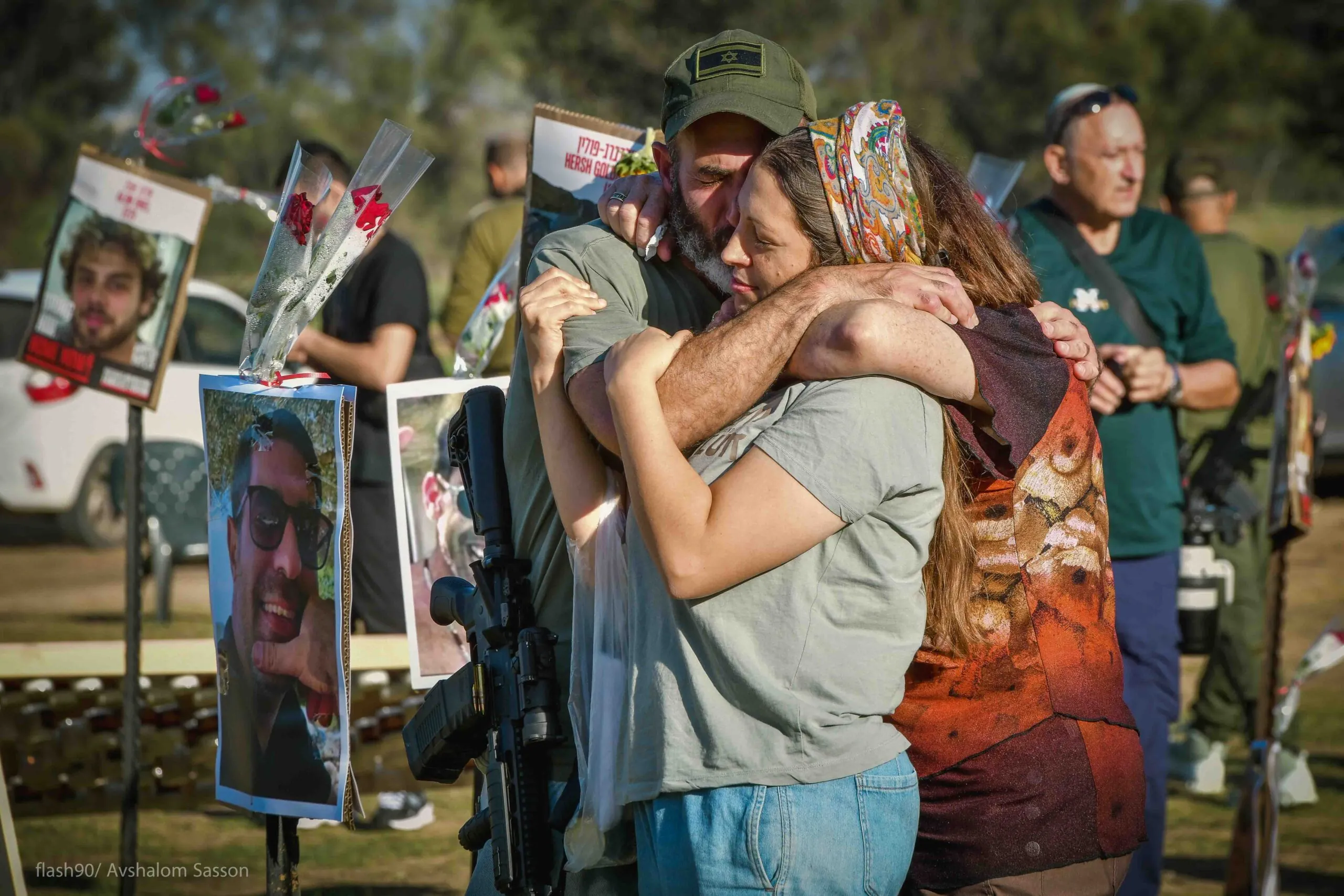
Restoration of Our Land

What Makes this Hebrew Bible Different From All Others?
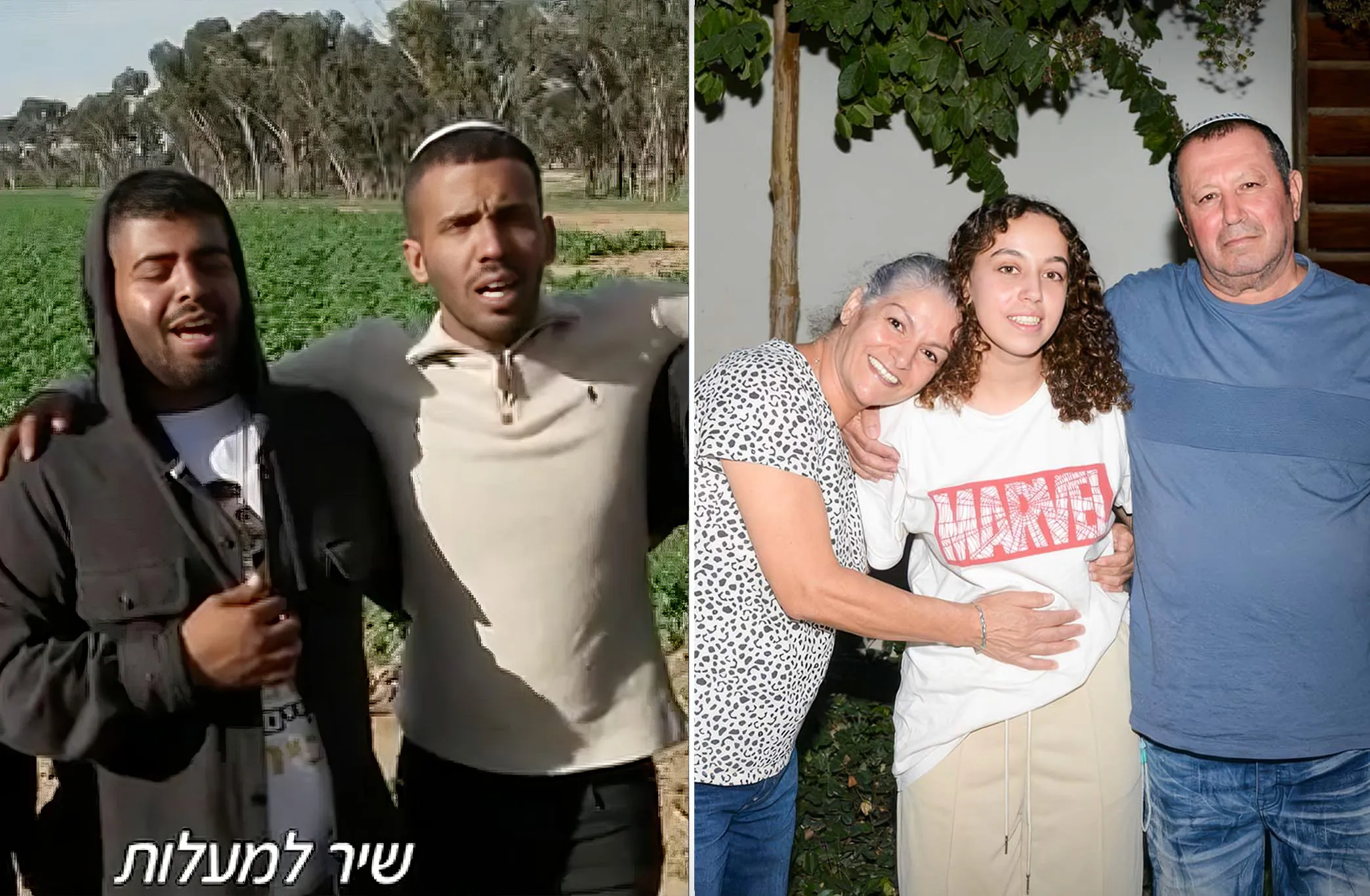
Two Miracles and a Message

Narrating Hope
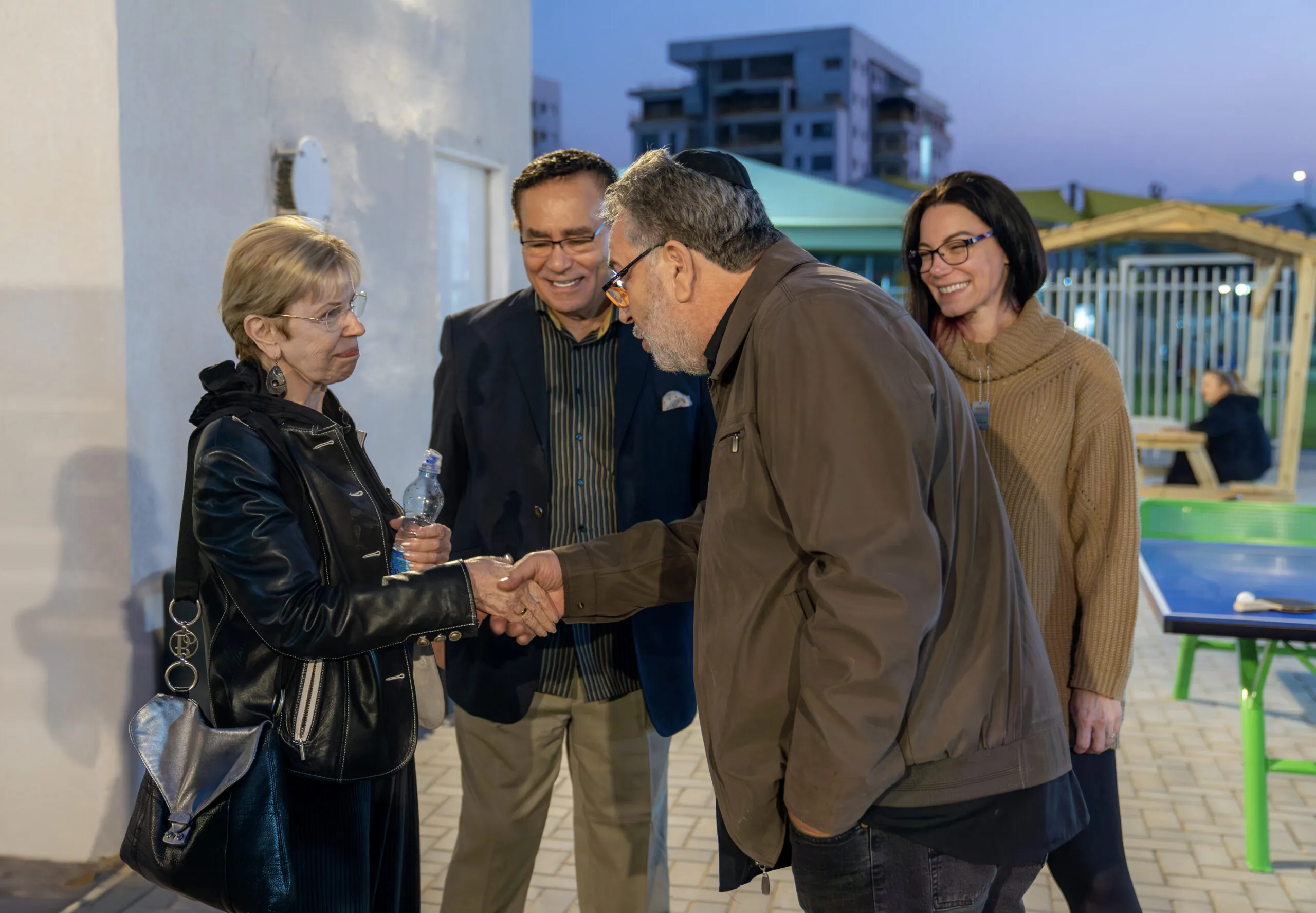
Hope in Action
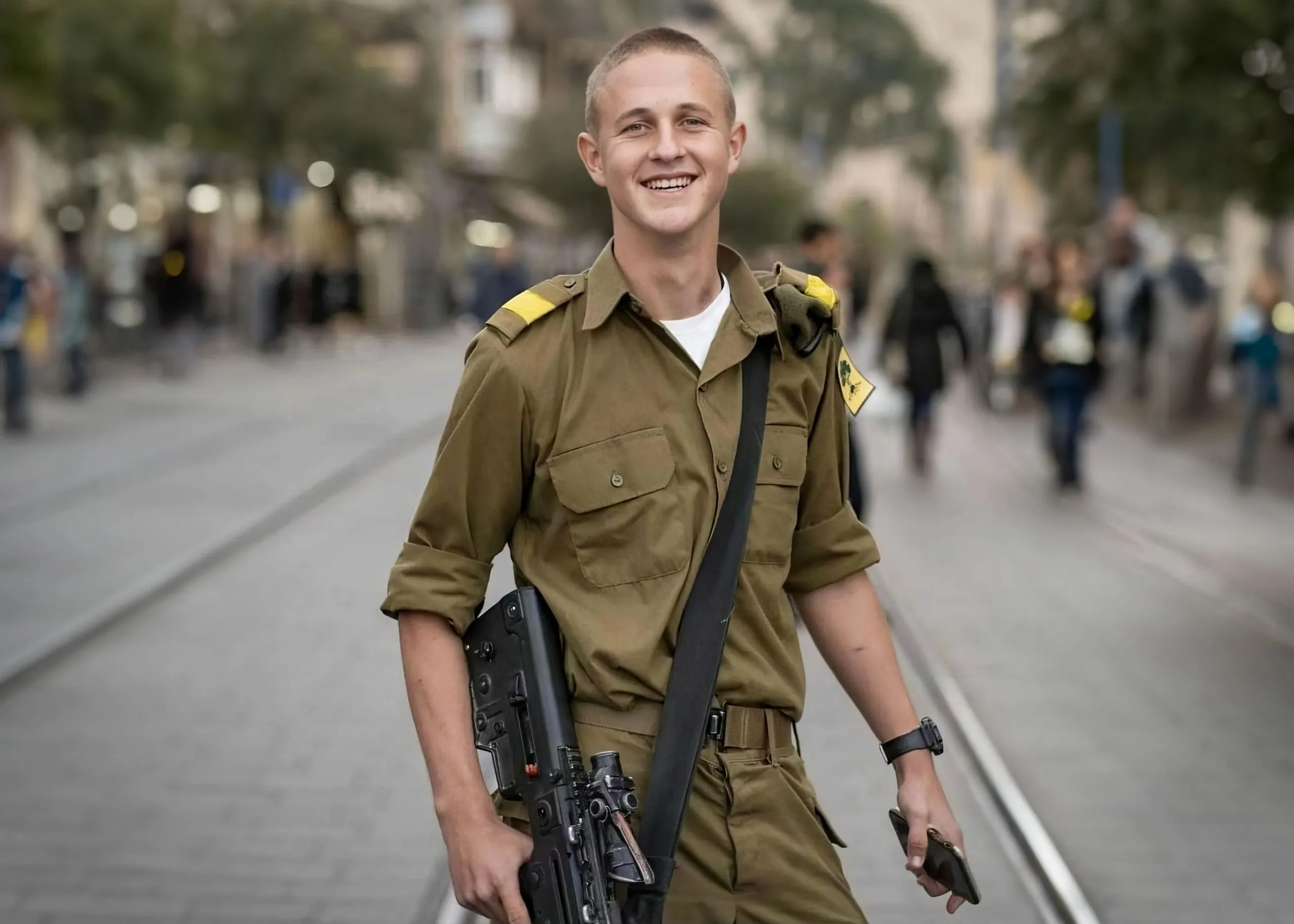
Fight to the Finish
